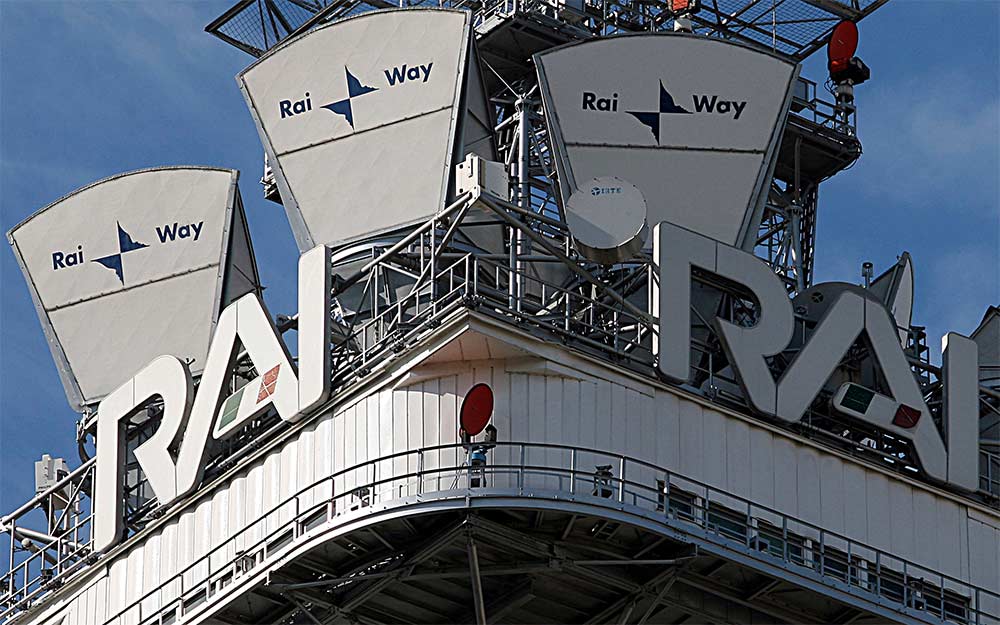A dual system for the governance of Rai, similar to that of the Foundations, with a Supervisory Board and a Management Committee. This is what is foreseen by the law proposal of the Leu group in the Chamber illustrated during a press conference in Montecitorio by the group leader Federico Fornaro and by Guglielmo Epifani.
The objective of the proposal is “to address an unresolved issue”, namely that of “keeping the address of the public service and business management distinct”. Rai, Fornaro noted, “is a company in all respects, but it also plays a role of public interest in information that goes beyond the structure of a Spa”. In the monistic system, like the current one, “the two dimensions are mixed”.
In detail, the proposal provides for a Supervisory Board composed of 15 members, whose president is appointed by the presidents of the Chamber and Senate, while the others are appointed by the Rai stakeholders: 3 by the Chamber and 3 by the Senate, with at least one expression of the minorities for both Houses; and still 2 members each respectively from the Shareholders ‘Meeting, from Siae from Crui to which two workers’ representatives are added, one of whom is a journalist.
The Supervisory Board appoints and removes the Chief Executive Officer and two other members of the Management Board, which in turn has the classic powers of the Board of Directors, such as those on internal appointments. The Supervisory Board also appoints an Internal Control Committee, whose internal members must have professional profiles.
The goal, therefore, is “to create a strong gap between direction and surveillance and management”. Furthermore, compared to the current governance “there is no excessive power of the political majority on duty nor of the CEO, who has two other members of the Management Committee”.
Fornaro stressed that under point 14 of the government program a reform of the radio and television system and of the governance of Rai was envisaged. Leu’s proposal therefore serves to open the discussion and, as Fornaro hoped, “also a broad public debate”. (Handle)





